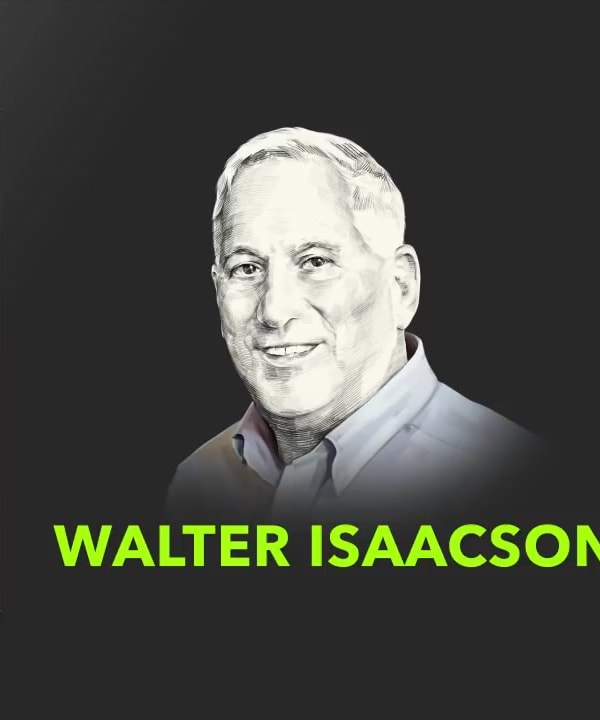How does CRISPR impact humanity?
Sources:
CRISPR, as discussed by Walter Isaacson on the Tim Ferriss Show, is considered one of the most significant inventions of our times due to its potential to edit genes and program molecules, which could lead to immunity against viruses and other applications. However, it also brings considerable ethical challenges. The rapid advancement of such technologies often outpaces our moral frameworks, necessitating a reevaluation and deeper understanding to properly align our ethical considerations with technological progress. The discussion around CRISPR extends beyond theoretical ethics; it has real-world implications on whether, how, and why we should or should not use genetic editing. For instance, the opportunity to correct genetic defects like Huntington's or sickle cell disease raises questions not only about the potential to do so but also the moral implications of opting not to use such technologies when they can alleviate human suffering 1 .
RELATED QUESTIONS
